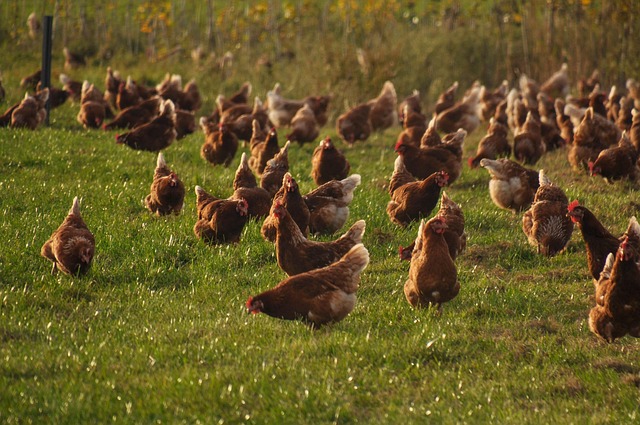Composting is an eco-friendly solution for yard waste removal and recycling, transforming scraps like food, grass clippings, and leaves into nutrient-rich soil amendments. This process reduces landfill waste, cuts down on emissions, and enhances soil structure, fertility, and water retention, ultimately promoting healthier plants and contributing to a smaller environmental footprint.
Compost creation is a powerful tool for garden enthusiasts aiming to enhance their green spaces sustainably. This article guides you through the process, from understanding the basics of yard waste recycling to implementing effective strategies for collection and composting. We’ll explore the numerous benefits of composting, including its positive impact on your garden’s health and overall sustainability. Learn how to transform yard waste into a valuable resource that fosters a thriving garden ecosystem.
- Understanding Compost Creation: The Basics of Yard Waste Recycling
- Effective Strategies for Collecting and Composting Yard Waste
- Benefits of Composting: Enhancing Your Garden's Health and Sustainability
Understanding Compost Creation: The Basics of Yard Waste Recycling

Compost creation is an eco-friendly practice that allows garden enthusiasts to transform organic yard waste into nutrient-rich soil amendments. By understanding the basics of compost creation, homeowners can significantly reduce their environmental impact while enhancing their gardening efforts. The process involves collecting and decomposing materials like food scraps, grass clippings, and dry leaves. These organic compounds undergo a natural breakdown facilitated by microorganisms, resulting in a dark, crumbly substance that improves soil structure, fertility, and water retention.
Yard waste removal and recycling through composting is an easy and sustainable solution for garden enthusiasts. It reduces the amount of waste sent to landfills, where it contributes to methane emissions. Instead, compostable materials can be diverted to create valuable resources for gardens, promoting a circular economy and minimizing environmental pollution. This simple yet powerful practice encourages responsible waste management while fostering healthier and more vibrant plant life.
Effective Strategies for Collecting and Composting Yard Waste

Many garden enthusiasts overlook the treasure trove of nutrients that lies in their very own yard waste. Effective strategies for collecting and composting this material can significantly enhance soil health and reduce environmental impact by cutting down on Yard Waste Removal costs. Start by separating organic materials such as grass clippings, leaves, and food scraps from your regular trash. Designate a specific area for composting, either in your garden or with the use of a compost bin. This space should be easily accessible yet isolated from your living areas to minimize odors.
Next, prioritize consistency in your collection process. Regularly gather yard waste and add it to your compost pile or bin, maintaining a balance of green (nitrogen-rich materials like grass clippings) and brown (carbon-rich materials such as dry leaves). Moisture content is equally crucial; ensure your compost pile stays damp but not waterlogged. By following these steps, you’ll be well on your way to creating rich, nutrient-dense compost that can be used to fertilize your garden and reduce your environmental footprint through efficient Yard Waste Recycling practices.
Benefits of Composting: Enhancing Your Garden's Health and Sustainability

Composting is an eco-friendly practice that offers numerous advantages for garden enthusiasts. One of its key benefits is effective yard waste removal, allowing you to reduce the amount of organic debris sent to landfills. By recycling materials such as food scraps, garden trimmings, and leaves, you create a valuable resource—compost—that enriches your garden’s soil.
This natural process improves soil structure, fertility, and overall health. Compost adds essential nutrients like nitrogen, phosphorus, and potassium, enhancing the growth of plants and flowers. It also promotes beneficial microbial activity, fostering a thriving ecosystem within your garden. With composting, you contribute to sustainability by closing the loop on organic waste, creating a healthier environment for both your garden and the planet.
Compost creation is a powerful tool for garden enthusiasts looking to enhance their green spaces while reducing yard waste. By understanding the basics of compost production and implementing effective collection and composting strategies, individuals can contribute to sustainable gardening practices. The benefits of composting extend beyond organic matter reduction; it significantly improves soil health, fosters nutrient-rich environments, and promotes a vibrant ecosystem within your garden. Embracing this natural recycling process is not only beneficial for the environment but also a rewarding way to nurture your garden’s growth.
